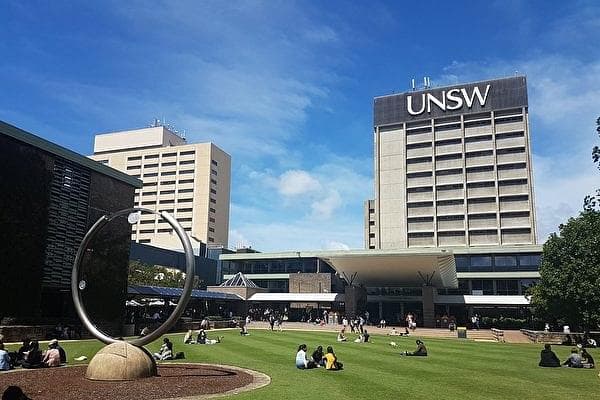For entry into this degree, you must have both:
-
Bachelor of Mathematics or Bachelor of Science degree with a major in mathematics and statistics
-
sufficient mathematical and/or statistical background, as indicated by a minimum weighted average mark (WAM) of 65 or above in level III mathematics and/or statistics university courses.
In addition, you must have permission of the Head of School or Nominee to be admitted into the program.
Advanced standing
Honours graduates in mathematics or statistics from UNSW (or equivalent) may receive advanced standing of up to a maximum of 24 units of credit. This means you can complete the program with a further 48 units of credit (one year of full-time study).
Students with a Graduate Diploma in Mathematics and Statistics from UNSW with a weighted average mark of 70 or more may receive advanced standing of up to a maximum of 48 units of credit. This means you can complete the program with a further 24 units of credit (0.5 year of full-time study).
The specific advanced standing to be awarded will be determined at the time of admission and will be based on your background and previous study.
-
You may be asked to provide evidence of your English proficiency to study at UNSW depending on your educational background and citizenship. English language skills are vitally important for coping with lectures, tutorials, assignments and examinations - this is why UNSW requires a minimum English language competency for enrolment.
If English is not your first language, you’ll need to provide proof of your English proficiency before you can be given an offer to study at UNSW. You can do this by providing evidence that you meet one or more of the following criteria:
-
English language tests and university English courses
-
Prior study in the medium of English
-
Other qualifications
-
UNSW Global offers courses and programs designed to help you reach the English language level required for entry into your chosen degree. Different options are available depending on your current English language level.
IELTS 6.5 overall (min. 6.0 in each subtest)
TOEFL 90 overall (min. 23 in writing, 22 in reading, listening and speaking)
